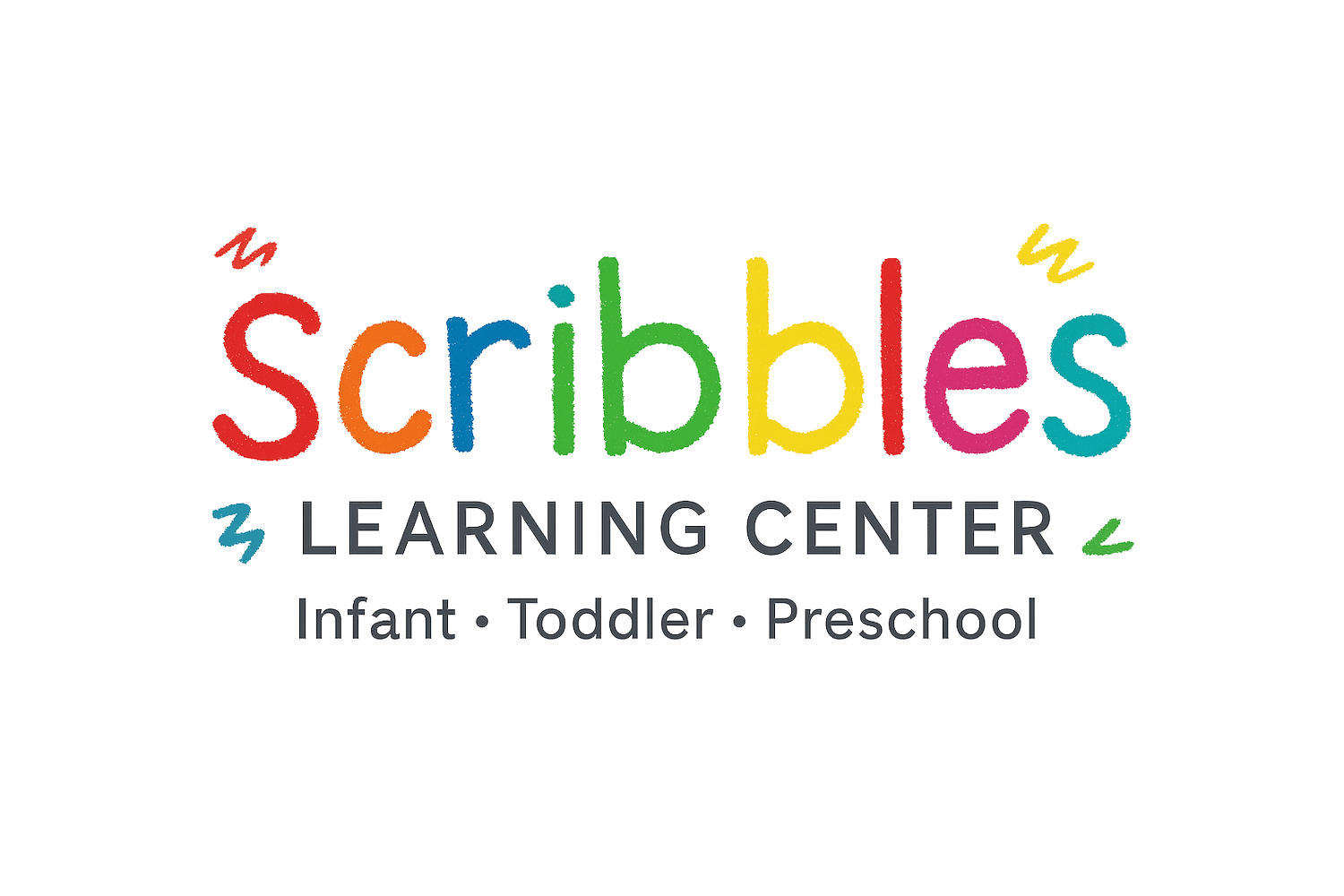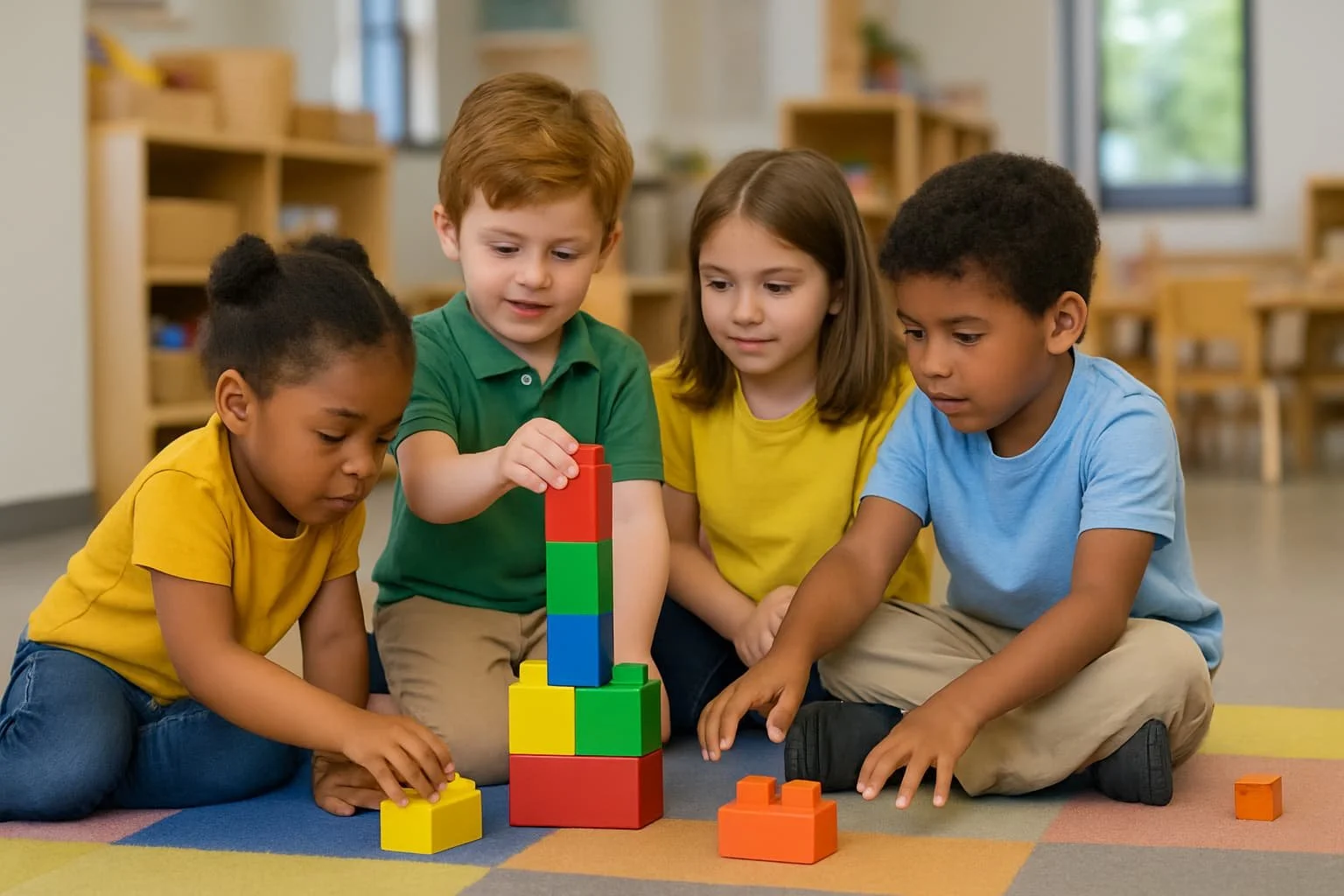Planting the Seeds of Problem Solving: Why It Matters in Early Childhood
At Scribbles Learning Center, we believe that teaching children how to think-not what to think-is one of the greatest gifts we can offer. One essential skill that supports this goal is problem solving. Encouraging problem-solving at an early age lays a strong foundation for lifelong learning, confidence, and adaptability.
Why Start Early?
Children are natural problem solvers. From figuring out how to stack blocks without them falling to deciding how to take turns on the slide, young children constantly face challenges that require creative thinking. Early exposure to problem-solving opportunities helps children:
Develop critical thinking skills
Build persistence and resilience
Strengthen social-emotional development
Boost self-confidence and independence
Real-Life Learning Moments
At Scribbles, problem solving is woven into our daily routines. Whether it's navigating a disagreement during playtime or discovering how to make a toy work, our teachers guide children through the process of identifying the problem, thinking through solutions, and trying different strategies.
We use open-ended questions like:
"What do you think we should try next?"
"How can we make this fair for everyone?"
"What else could we build with these materials?"
These types of questions don't provide answers-they spark thinking, discussion, and discovery.
Social Problem Solving
Learning how to solve social problems is just as important as academic ones. Through group activities, role play, and peer interaction, children practice negotiation, empathy, and respectful communication. These moments teach children how to navigate relationships and build positive connections-skills they'll carry with them for a lifetime.
How Families Can Support Problem Solving at Home
Give your child time to figure things out on their own before stepping in.
Offer encouragement, not answers. Say things like, "You're working hard on that puzzle!"
Talk about everyday problems and brainstorm solutions together.
Celebrate the process, not just the outcome.
A Lifelong Skill
Problem solving is more than a school-readiness skill-it's a life-readiness skill. By nurturing it early, we're helping children grow into thoughtful, confident individuals who are ready to take on the world.
At Scribbles Learning Center, we don't just solve problems-we grow problem solvers.

